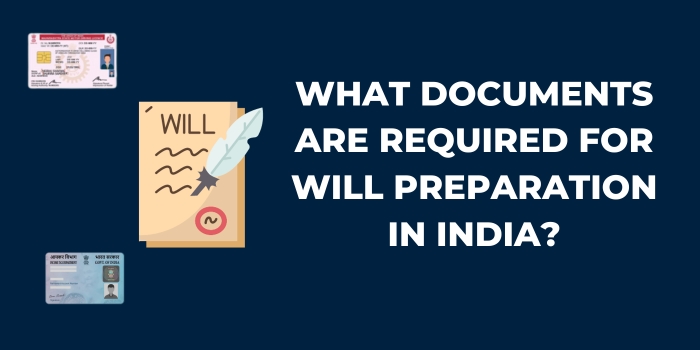
Table Of Contents
- Legal Considerations:
- Practical Constraints:
- Reasons for Name Changes:
- Gender Identity and Name Changes:
- The Process of Changing Your Name:
- Cultural Perspectives on Name Changes:
- Impact on Professional and Personal Life:
- Conclusion:
The journey of personal identity is an evolving one, and for some, it may include the decision to change one’s name. Whether motivated by marriage, divorce, gender identity, or personal preference, the question often arises: How many times can you change your name? In this exploration, we delve into the legal and practical aspects of name changes, shedding light on the freedom individuals have in defining their identities through nomenclature.
Legal Considerations:
The legality of changing your name varies across jurisdictions. In many places, there are no explicit limits on the number of times you can change your name. However, it’s essential to comply with local laws and regulations governing name changes. Some regions may require a court order, while others might only necessitate a simple administrative process through a government agency.
Practical Constraints:
While the law may not restrict the frequency of name changes, practical considerations should be taken into account. Each name change involves paperwork, updating official records, and notifying relevant parties. Frequent changes may lead to administrative challenges and potential complications in various aspects of life, including professional settings, financial institutions, and personal relationships.
Reasons for Name Changes:
Understanding the reasons behind a name change can provide insights into the frequency and motivations behind such decisions. Name changes may occur due to marriage, divorce, gender transition, cultural identity exploration, or a desire to distance oneself from a previous identity. Recognizing and respecting these motivations contributes to a more inclusive and understanding society.
Gender Identity and Name Changes:
For individuals exploring gender identity, name changes can be a vital aspect of self-affirmation. Many jurisdictions recognize the right of individuals to change their name to align with their gender identity. This process may occur multiple times as an individual’s understanding of their gender evolves.
The Process of Changing Your Name:
While the specific process varies by location, the general process for changing your name involve submitting an application, providing supporting documentation, and receiving approval from the relevant authorities. It’s crucial to follow the prescribed legal procedures to ensure that the name change is officially recognized.
Cultural Perspectives on Name Changes:
Cultural attitudes towards name changes can influence an individual’s decision and the societal acceptance of such changes. Some cultures may place a higher emphasis on name continuity, while others may embrace the idea of self-reinvention through name changes. Understanding these cultural nuances fosters a more empathetic and respectful discourse.
Impact on Professional and Personal Life:
Frequent name changes can impact various aspects of one’s life, including professional relationships and personal connections. Open communication with employers, colleagues, and friends is key to navigating these transitions smoothly. Updating official records, such as identification documents and professional licenses, is essential to ensure a seamless integration of the new name.
Conclusion:
In the realm of name changes, the legal landscape often provides individuals with the freedom to redefine their identities. However, the practical considerations of multiple changes should be weighed against personal motivations and societal norms. Ultimately, the decision to change your name is a deeply personal one, and understanding the legal and practical aspects can empower individuals to navigate this journey with confidence and authenticity. Whether it’s a single change or a series of transformations, the right to choose one’s name is a powerful expression of personal autonomy and self-discovery.
Written by Simran kaur





